Role of Mast Cells in the Acute Phase Response
$57.60
Description
Pharmacological and transgenic methods were used to investigate the roles of mast cells in the initial response of the innate immune system to pathogens, or acute phase response (APR). In rats, peripheral and central cromolyn sodium, an inhibitor of mast cell function, each reduced LPS-induced anorexia, adipsia, inactivity and fever. LPS-induced increases in plasma TNF-alpha concentrations were also reduced by cromolyn. These data indicate that peripheral and brain mast cells are involved in the APR and, because peripheral and central cromolyn produced different changes in many measures, that the two populations of mast cells do not play identical roles. In transgenic W/Wv mice lacking functional mast cells, LPS produced anorexia and adipsia, but not fever or inactivity. Fever and TNF- alpha concentrations were normalized in W/Wv mice that were reconstituted with bone marrow-derived mast cells. These data indicate that mast cells play a necessary biological role in the APR, perhaps through the rapid release of TNF-alpha. These data are relevant to basic researchers and clinicians interested in the neuroendocrine response to illness.
Author: Asarian, Lori
Topic: Psychology
Media: Book
ISBN: 3639082273
Language: English
Pages: 120
Additional information
| Weight | 0.38 lbs |
|---|---|
| Dimensions | 9 × 6 × 0.25 in |


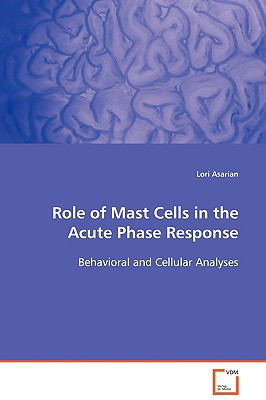
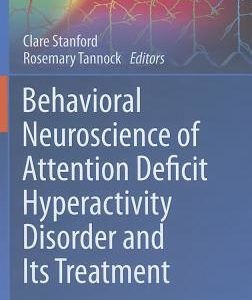
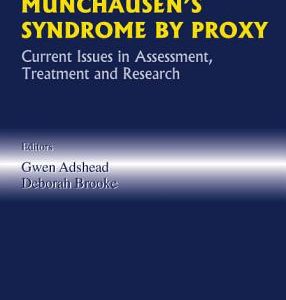


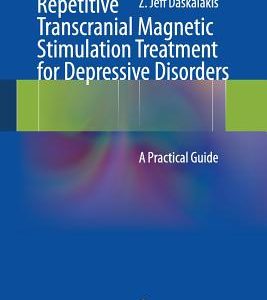
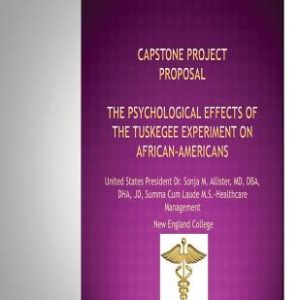

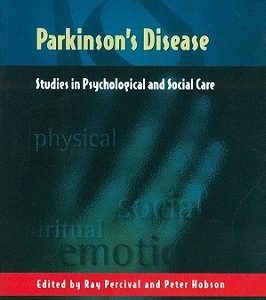


Reviews
There are no reviews yet.